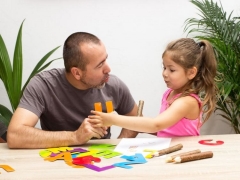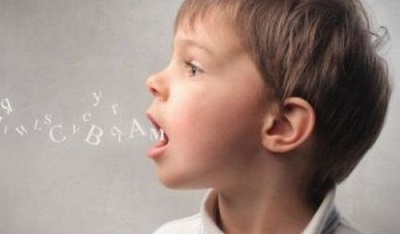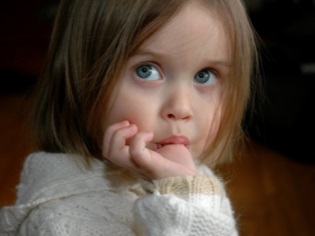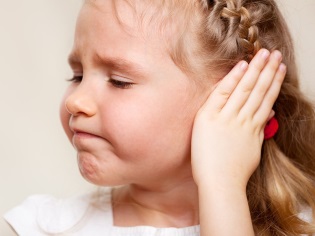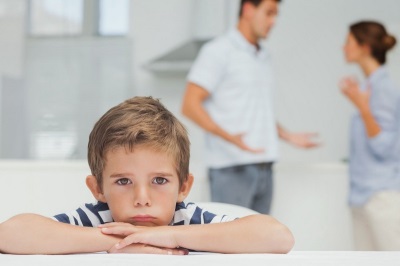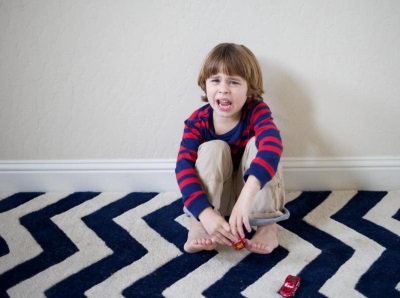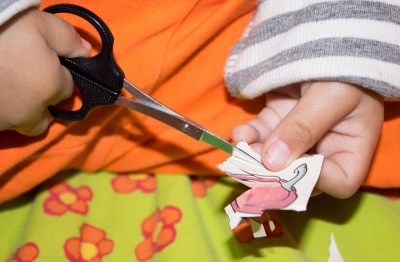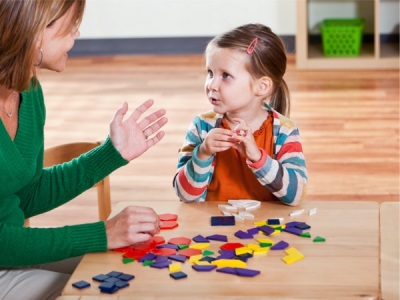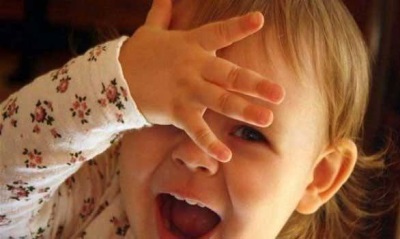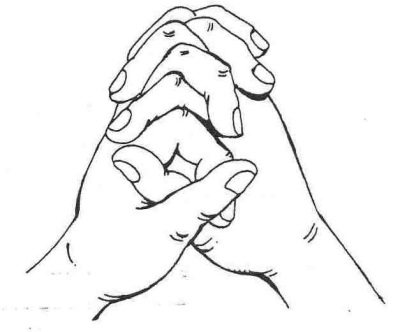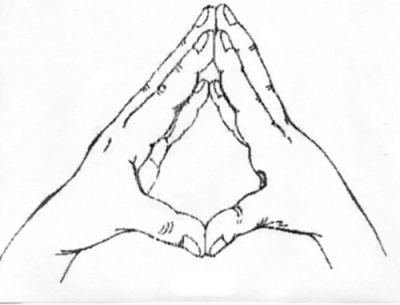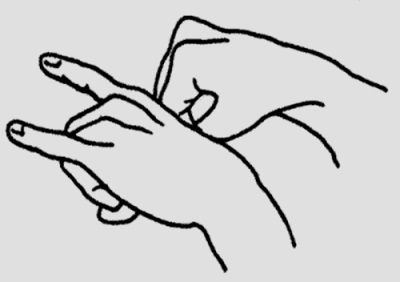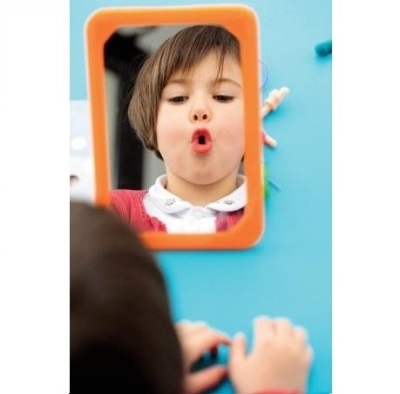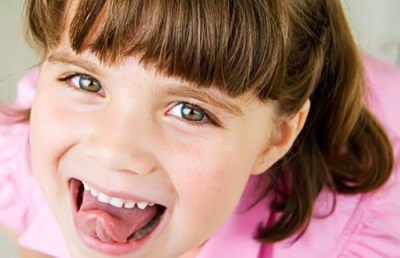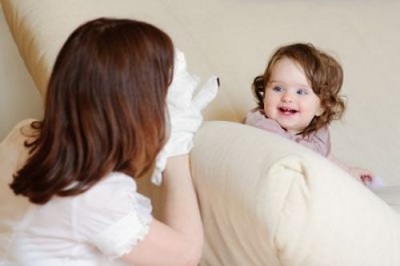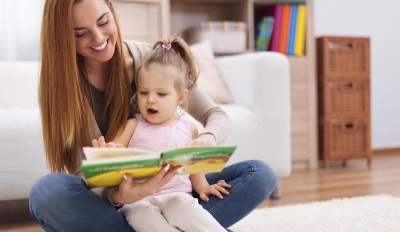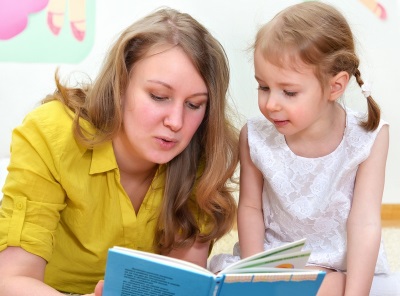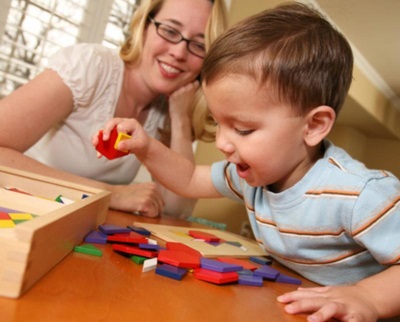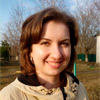Speech therapy classes for children 3 years
Every mother wants to see her child healthy, active, intellectually developed. And with what impatience we expect the first words from our children! Alas, but not always the wishes of the parents come true. And there are reasons for everything. Let's look into them in more detail.
Causes of speech disorders
Medical
- Unfavorable course of pregnancy (threat of termination, toxicosis, infection and intoxication, etc.).
- Reception of a pregnant woman alcohol, drugs.
- Complications of childbirth (premature birth, asphyxia, birth trauma, etc.).
- Head injuries up to three years.
- Hearing impairment in a child.
- Features of the structure of the speech apparatus.
- Genetic (hereditary) factor.
- Prolonged thumb or nipple sucking.
- Left-handedness.
Social
- Disinterest of adults around in communication with the child. This is manifested in an inadequate speech environment, that is, the baby rarely hears the correct correct speech of an adult person; games with a child are not accompanied by explanations. An adult takes care of the child in silence, without focusing on its actions.
- The wrong speech of adults in the immediate environment of the child. It can be as well as the incorrect pronunciation of sounds, as well as the elementary "lisping." As a result, the child imitates what he hears.
- The requirements of adults to correctly pronounce the sound, while not showing the child the correct articulation. This may lead to the formation of a distorted sound (for example, the throat sound "P").
It should be noted that the wrong pronunciation is not inherited. Some anatomical features can be inherited, for example, the structure of the teeth, the inertia of the nervous system. But these violations can be corrected by medical specialists.
Characteristics of a child of 3 years of age
Let's look at the characteristics of the speech development of a child of three years of age.
After the child reaches this age, there is a sharp jump in the development of both intellectual and verbal. The peculiarity of this period is that the child becomes especially sensitive to the tongue. He gladly picks up all the sounds around him and quickly absorbs them.
The dictionary of a child of this age is about 1900 words. Basically it consists of nouns and verbs, but in speech also adverbs (warm, scary), adjectives (beautiful, big) begin to appear. The kid begins to use generalizing words (animals, flowers, toys). At this age there is an active use of pronouns (mine, yours). In general, this age is characterized by rapid word formation, the kid actively changes the words to make sentences.
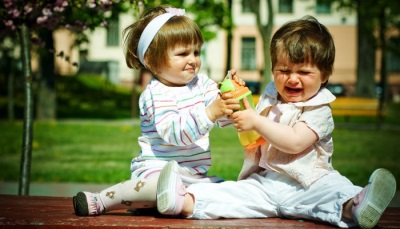
The grammatical structure of speech at the age of three years is not yet formed. There are mistakes in the construction of sentences (“Give me a big mitten!”). But the child well retells familiar short fairy tales - “Chicken-pock”, “Gingerbread Man”. At this age, the preschooler can already maintain a simple dialogue.
Sound pronunciation at this age is still imperfect.There are substitutions of hissing sounds (WF), sometimes they may not be pronounced at all (the ball is arik). Often there are no “L” and “P” sounds, as they are the most difficult to pronounce.
When do I need to see a speech therapist?
Every child is different. Someone starts to speak early, but for a long time uses two-word constructs for this, someone starts speaking by the age of three, but with whole sentences and without any special disturbances in the sound pronunciation. It all depends on the pace of the overall development of the child, his environment, past diseases, etc.
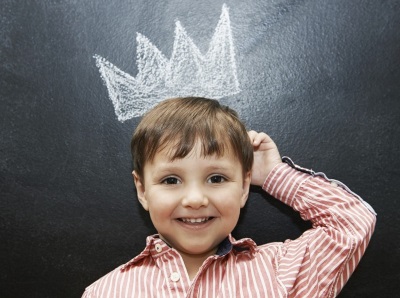
But still there are certain signs that should not be left unattended by parents.
Here are some of them:
- the child shows no interest in toys, all his games are stereotyped and monotonous;
- a child after two years of age cannot cope with simple tasks, such as putting a large bead on a rope, assembling a tower from cubes;
- does not understand simple instructions, for example, bring the ball;
- if the child does not speak, and there is a history of hereditary diseases, diseases during pregnancy, birth trauma.
You need to contact such specialists as a neurologist, a psychologist, a speech therapist. They will conduct the necessary examination and, if necessary, prescribe treatment. Remember, the earlier the qualified assistance is provided to the baby, the more effective it will be. The faster the child will catch up in the development of their peers.
What classes can you do with your child at home?
Every mother knows that if you properly organize the activities of the child at home, you can achieve great success in its development.
Let's look at what activities contribute to this:
- Finger games. Now we all know that the development of motor skills affects the development of speech. It is all about the structure of the cerebral cortex, in which the zones responsible for the development of motility are also responsible for speech.
- Articulation gymnastics. Where without it? After all, only well-developed muscles of the articulatory apparatus, contribute to the correct position of the tongue, lips during the pronunciation of sound.
- Games on the development of hearing.
- Memorizing poems, reading, telling.
Let us dwell on this in more detail.
Finger games
First, let's see what finger gymnastics is. This movement of the fingers and hands, which can be active and passive. The first option is suitable for children of infancy, the second - for preschool age. Gymnastics involves the following activities: massage, finger games, which are combined with rhymed text (poems) and manipulation of small objects.
What are the advantages of finger gymnastics?
- The development of speech. In another way, the same hemispheres follow the work of the fingers as the development of speech. Therefore, perfect small movements, you thereby improve speech.
- The development of touch. It is clear that by working with the fingers, the child learns to feel the surfaces and the size of different objects, thereby developing tactile sensations.
- The development of motor skills. It is clear that the more often the child works with his fingers, the more perfect and delicate his movements, the better the coordination.
- The development of a sense of rhythm and the development of memory. Finger games do not take place without pronouncing any verses, rhymes, the repetition of which in combination with the rhythmic movements of the hands serves as a development of memory and a sense of rhythm.
Kids of the age of three years are playing with interest finger games that are supported by speech. Sometimes it is difficult for them to pronounce the text, so it is enough for an adult to do it first. Do not forget to pronounce the words expressively, then lowering, then raising your voice, making pauses. After several repetitions, the baby will remember the new game and will gladly repeat after you.
We offer several finger games for kids of three years.
Castle
Handles must be fastened to the lock, while twisting fingers.Speech counting and rocking the resulting lock to the side:
There is a lock on the door.
Who could open it?
They knocked (when you say the word “knock” - you touch each other with your palms, without disengaging the woven fingers).
Twisted, (just without disengaging the lock, one hand pulls toward itself, the other from itself, successively changing them).
They pulled, (on this word you should pull the handles in different directions, with your fingers straightening, but not completely releasing the lock).
And they opened, (releasing the handles, spread them wide apart).
Brush
Soft brush painted
A chair, a table and a cat Masha. (Connect all the pads of the fingers and the movements of the fingers and wrists to swing the brush from right to left and vice versa. To the right - to move your fingers. To the left - gently connect the fingertips.)
This counting should not be pronounced quickly, movements should fall in time and rhythm.
beetle
I'm a funny Maybug.
I know everything
Gardens around
Over the lawns
Circling
And my name is
Zhu-Zhu ... (Squeeze the cam. Raise the index finger and little finger to the sides ("mustache"). Move the "mustache".)
For a few more exercises in finger exercises, see the video below.
Articulation gymnastics
Performing articulation exercises is an integral part of the work on the formation of a correct sound pronunciation. Their benefits are obvious, they strengthen the muscles of the articulatory apparatus, make them more mobile, contribute to an increase in the volume and strength of movement.
With their help, the child develops the skills to use the exact positions of the articulation organs for correct pronunciation of the sound. These exercises are simple and can be used by parents at home.
It is important that certain conditions be observed during articulation gymnastics:
- exercises must be performed in front of a mirror so that the child can see the position of his tongue in the mouth. You need to ask clarifying questions "Where is the tongue?", "What do your lips do?".
- Do not do the exercises for too long, the child may become tired and lose interest in the activity. The best will be considered 5-10 minutes.
- the pace of exercise should be smooth, then gradually accelerate. It is necessary to observe that the movements are accurate, otherwise the exercises will not be useful.
At home, it is best to use poems and pictures for articulation development games. This will make the lesson more interesting. We give an example of exercises on the development of articulation.
“Kitten Lapping Milk” - open your mouth wide and make 4-5 movements with a wide tongue, imitating how a cat milk lapps, after which you can close your mouth and relax.
“Spade” - open your mouth wide and put a calm soft tongue on your lower lip, holding it in this position for 3-5 seconds, after which the tongue will be removed and relaxed; "Proboscis" - stretch your lips forward, imitating a kiss, and hold for 3-5 seconds in this position, then return the lips to a calm position, relax and rest; “Hamster” - with the mouth closed, inflate the cheeks and hold for 3-5 seconds in this position, then exhale and relax.
The following video suggests several articulation exercises that will also help you learn how to pronounce sounds quickly and correctly.
Hearing development games
The formation of sound pronunciation directly depends on how well the child distinguishes the sounds of speech by ear. In another way, this property is called phonemic hearing. In order for the child to speak cleanly, he needs to be able to distinguish the sounds of speech. He should be able to compare his speech with the speech of others, control his pronunciation.
By the age of 3-4, the child already knows how to distinguish the vowel sounds in speech, then the consonants are voiced and deaf, hard and soft, hissing. In order for the development of hearing to occur in accordance with the norm, you need to carry out exercises for developing this ability with the baby. They include tasks for distinguishing the volume of the sound, the source of the sound, recognition of the object that makes the sound - such games are offered to young children.
Guys who are 3 years old, more often offer tasks for finding and distinguishing sounds in words. These can be the following games: “Where is the sound?” - it is necessary to locate the sound in the word (at the beginning, at the end, in the middle); “Who will invent more words with sound ...” - a game to invent words with a given sound; “Topi, if you hear the sound ...” - develop the ability to hear a given sound in a word, etc.
Memorizing poems, reading, telling
Many parents know that memorizing poetry by children is useful. Let's see what?
- The outlook is expanding, the active dictionary of the child is increasing. The child begins to use not just learned words in speech; he uses grammatical structures already familiar to him. Thus his speech becomes more correct and rich.
- Memory develops. It is proved that the child remembers the rhyming constructions better. The more the kid remembers small quatrains, the easier it will be for him to learn more complex works at an older age.
- Increases the overall level of human culture. Indeed, in the verses the writers reflect the norms of behavior that are remembered by the kid along with the rhymed lines.
I would like to advise authors whose works are the most understandable and interesting for children. They are A. Barto, K. Chukovsky, S. Mikhalkov, S. Marshak, A. Pushkin and others.
The benefits of reading can talk endlessly. Let's formulate the main advantages of this exciting activity: works of art teach good, explain how it is better than evil, introduce the world around them, expand vocabulary, learn to overcome difficulties, develop fantasy, imagination. In addition to this benefit, family reading brings mother and child together, gives a positive emotional attitude. Kids enjoy listening to an adult, and it becomes even more interesting when the reading is reinforced by bright and clear illustrations.
In order for this exciting activity to benefit the baby, let's recall a few rules that parents must follow.
- The choice of the book depends on the time of day, the mood of the baby and his health.
- Do not read terrible tales at night.
- Before you begin to read a child, get acquainted with the work. Evaluate whether the baby will like it and what the end of the story is.
- Read expressively, not mechanically. Understand every word.
- Read regularly, not from time to time.
By following these simple rules, you will make the pastime common with your child a real pleasure for both of you.
Remember, the classes that you decide to hold with your child should not look like exercises at all. Everything should be carried out in a playful way, in those moments when the child feels well and is in a good mood. Otherwise, it may have the opposite effect, the child closes or becomes aggressive.
The main thing is the systematic nature of the classes, and soon you will notice successes that will certainly delight you and the child and give impetus to further achievements.
An example of speech therapy classes with a child of 3 years old can be seen in the following videos.
